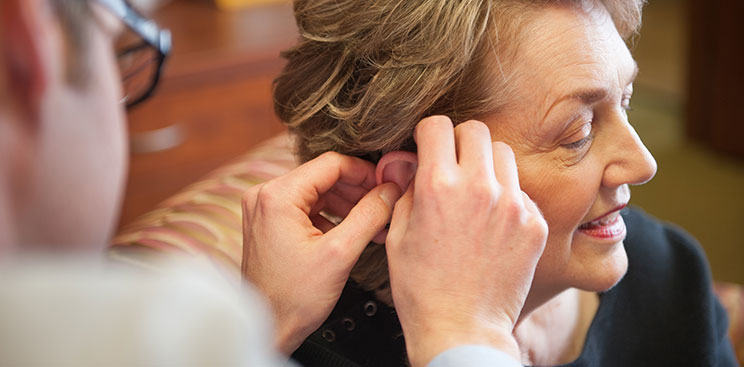
Hearing aids really do change our lives for the better, but we are often plagued with the thoughts of having them suddenly stop working. Like every other electronic device, hearing aids too are prone to the daily wear and tear of life and can sustain damage which can require repair or replacement.
Generally speaking, a regular hearing aid lasts for anywhere around 3 to 5 years. This is just as well, since hearing aid technology is constantly reinventing itself. So many modern features are available with the latest models. We spend so much money on upgrading our phones, so why not invest a little in our auditory health with a pair of modern hearing aids?
Our hearing changes from season to season and year to year. This is yet another reason that can influence your need for changing hearing aids. The hearing aids you got 10 years ago may no longer meet your hearing requirements today. Overall though, if you still want to stick with the hearing aids you have now, you can learn the factors that influence the lifespan of your hearing aids.
If you are a regular user of your faithful hearing aid, it means that your faithful device will need to be replaced sooner. The more you wear your hearing aids, the more you expose them to dirt and moisture, which means the more prone they become to being damaged over time.
Thankfully, modern hearing aid manufacturers are well aware of the environmental concerns surrounding hearing aids, and have redeveloped hearing aids to be sturdier as a result. However, if you constantly switch off and switch on your device, the higher your chances of damaging them since it may dislodge their delicate inner circuitry.
Simple hearing aids usually last longer than complicated ones. The ones that are sleeker and highly advanced are also more delicate and prone to damage. The ones that are bigger and have fewer features are generally more sturdy and longer-lasting.
The best way to ensure your hearing aids last to their optimal capacity is to keep them clean, dry, and well-maintained. This means creating a daily cleaning ritual using the cleaning kit provided to you when you purchased your hearing aids. Always use a dehumidifier to get rid of any trapped moisture in your hearing aids.
Store your hearing aids in an air tight container in a cool, dry place away from sunlight, pets, and children. Whenever you see that your hearing aids are not working to the best of their ability, take them back to your audiologist immediately. Short-term regular repairs can save you the need for long-term costlier replacements.

